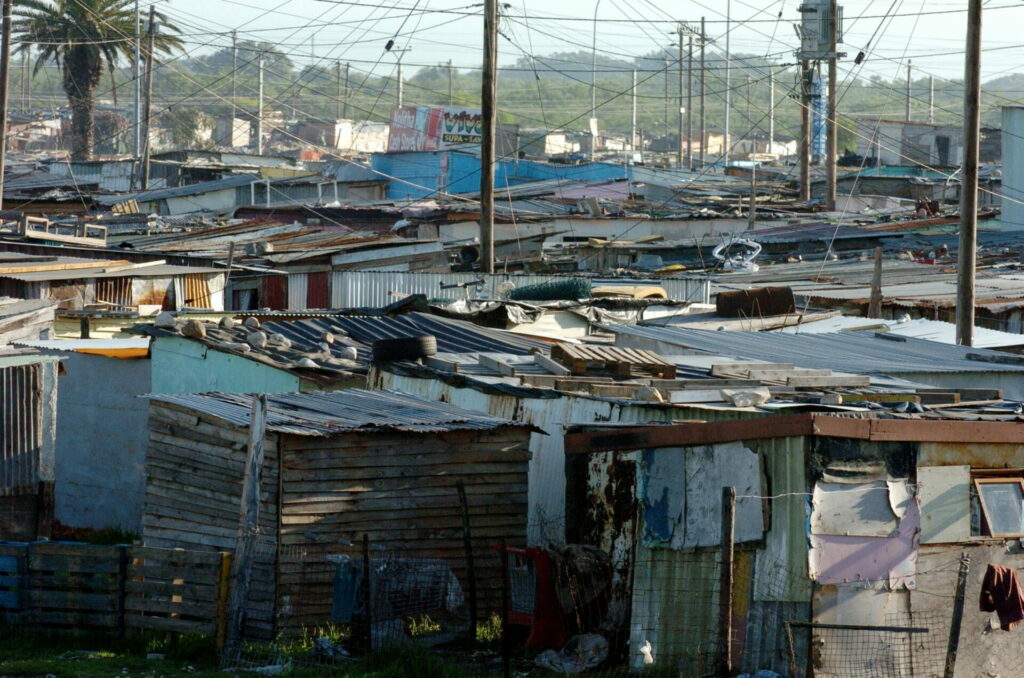Skyrocketing food and energy prices are forcing people across the world into poverty. Since March, in the space of just three months, 71 million more people living in low-income countries now live in poverty, according to a report published by the United Nations Development Programme (UNDP) on 7 July.
According to the report, which studied 159 developing countries across the world, inflationary pressures, made significantly worse by Russia’s invasion of Ukraine, are already having “immediate and devastating impacts on the poorest households.” Hotspots for increasing levels of poverty have been recorded in the Balkans, the Capsian region, and Sub-Saharan Africa.
The impact of the crisis has been even faster than Covid-19, which pushed debt to 50-year highs. “Entire developing countries face the threat of being left behind as they struggle to contend with the continuing Covid-19 pandemic, crushing debt levels, and now an accelerating food and energy crisis,” said UNDP Administrator Achim Steiner
Before the war, Ukraine and Russia were some of the largest exporters of cheap, affordable grain to developing regions. Together, Russia and Ukraine exported nearly a third of the world’s supply of wheat and barley, as well as around 70% of sunflower oil and corn.
Russia’s blockade of Ukrainian ports, as well as international sanctions on Russia, have forced the price of wheat up, increasing prices in developing countries. In June, European Union Foreign Affairs Chief Josep Borrell warned that the war in Ukraine risked triggering a global wave of hunger. Almost 40% of Africa’s wheat supply comes from Russia and Ukraine.
Rising inequality
The cost of energy for developing countries has also risen significantly due to uncertainty and low supply in the international energy market. The International Energy Agency warns that recent price spikes have made liquid petroleum products for cooking unaffordable for an additional 30 million people in Africa, and sent electricity and gas costs soaring across the continent.
The combination of price increases for both food and energy have led to significant inflation across the developing world. According to Euromonitor International, average inflation in developing economies is set to reach 9.5% this year.
Related News
- Ukraine starts harvest, but export to global markets remains largely blocked
- Ukraine loses 25% of arable land due to Russian invasion
“Unprecedented price surges mean that for many people across the world, the food that they could afford yesterday is no longer attainable today,” said Steiner. “This cost-of-living crisis is tipping millions of people into poverty and even starvation at breath-taking speed and with that, the threat of increased social unrest grows by the day.”
The report suggests that some responses to the cost-of-living crisis in the developing world are more effective than others. Energy subsidies, the UNDP believes, “disproportionately benefit wealthier people.” Over half of the benefits of subsidies benefit the richest 20% of the developing world’s population. More effective are cash transfers, which go to the poorest 40%.
“While blanket energy subsidies may help in the short term, in the long term they drive inequality, further exacerbate the climate crisis, and do not soften the immediate blow of the cost-of-living increase as much as targeted cash transfers do,” said report author George Gray Molia, UNDP Head of Strategic Policy Engagement.

